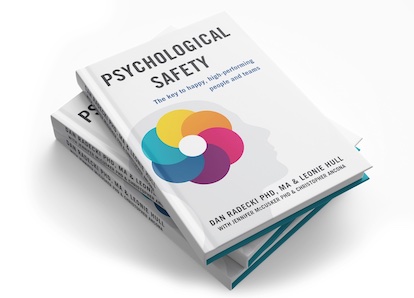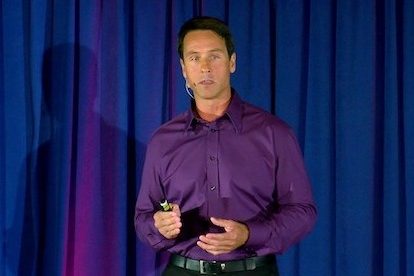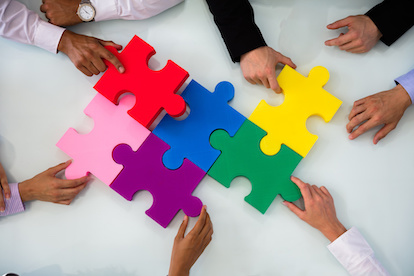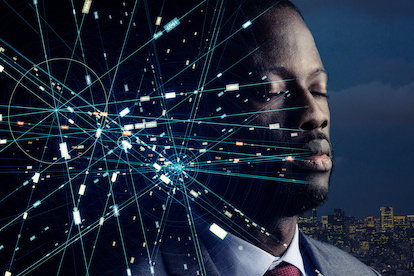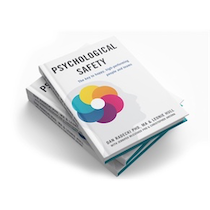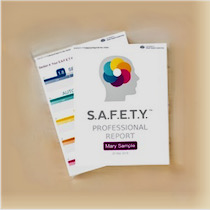In continuing with our S.A.F.E.T.Y.™ trigger series, it’s time to talk about ‘Fairness’. As with other triggers, a person’s behavior is unlikely to be influenced by only one S.A.F.E.T.Y.™ domain. So, you should expect a person with a high need for both Fairness and Security to behave differently than a person who is high in the need for both Fairness and Trust.
Fairness in Psychological S.A.F.E.T.Y.™
Fairness is our need to engage in and experience fair exchanges, both to us and to others.
In order to make the Fairness domain easier to understand, let’s pretend we could look at it in isolation. For example, you may expect that social justice warriors would have a high sensitivity to the Fairness trigger. For a person with a little lower sensitivity to Fairness, but still on the higher end, you would expect them to seek equity in conversations, and at least “force” consideration of another person’s side in a negotiation or debate – especially if they think the opposing side is getting a raw deal.
Initially, this may come across as the person being very empathetic or compassionate, and while it may make sense that a person higher in empathy or compassion (who is willing to fight for others) would be high on the sensitivity to Fairness, it is not a guarantee.
Why it’s important to be aware of the Fairness trigger?
Recent research suggests that though people get triggered by Fairness, this may not extend much beyond the person (or their “in-group”). So, if your boss is unfair towards you, even if your colleagues seem very empathetic or compassionate, they are unlikely to put their own security at risk to come to your aid … so, you are much more likely to hear “Wow, that is soooo unfair! I can’t believe you are being treated that way!” But, you are much less likely to have them actually take a stand with you when you need them.
People who are successful at enlisting others in the fight for Fairness do so by demonstrating and communicating how this “unfairness” can directly impact “you.” By making it personal your Fairness trigger is activated and overcomes your reluctance to put your own Security at risk to help.
On the other hand, when you come across a person who is low in the need for Fairness, then you will notice that they think more about the goal and the best course of action rather than appeasing everyone’s needs. Successful outcomes may be the most important metric for them. You might hear them say things like “the reality is, life is not fair”, “we can’t be everything to everyone” and that “people need to get over it and toughen up.”
The challenge with the Fairness trigger
Though these opposite sensitivities may seem obvious, Fairness is a different kind of trigger than the others in that extreme behaviors are not always executed as you might expect or hope.
For example, if a person with a high need for Fairness perceives a situation or their treatment to be unfair, whilst they may not react immediately, the memory of the incident may last a long time and can impact their relationship with the ‘offender’ and their ability to move on. This is not true for a person who is low in the need for Fairness. People low in this need will probably have moved on very quickly after the incident. So, initially, these people will look as if they are the same, but it is only later or through other behaviors that you figure out which one is high and low in their sensitivity to Fairness.
This challenge alerts us to an important truth about human beings that we should never forget: We are complicated. Some people think that by knowing someone’s S.A.F.E.T.Y.™ triggers, you have them ‘worked out’. That’s not exactly true. Knowing someone’s triggers only gives you a sense of how you might approach treating them, but it’s not a hard and fast formula. You will still need to work to find a way to work together by building the relationship through shared experiences. Humans are social creatures, and no simple formulaic structure will allow you to do the exact right thing every time.
And that is why, at the Academy of Brain-based Leadership, we not only created the S.A.F.E.T.Y.™ assessment to give team members a sense of their sensitivity to the S.A.F.E.T.Y.™ triggers, but we also facilitate team workshopsTeam Development to get the conversation started such that teams can be well on their way to building healthy, happy, high-performing environments in order to succeed together.
Team selection for a stronger business
What do you think? Would you want employees with a high or a low need for Fairness and why?
Keep in mind, you cannot look at the individuals’ Fairness score alone. When it comes to team performance, we evaluate the dynamics of the scores inside your team. A diversity of scores is ideal and knowing how to connect based on people’s triggers is imperative.
If you want to know more about how we help teams perform at their best, you can find out more at brainleadership.com.

